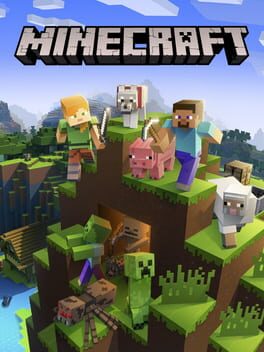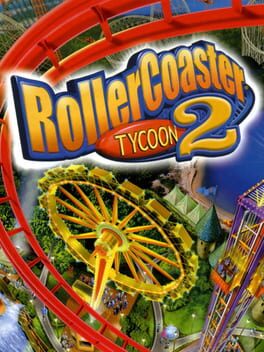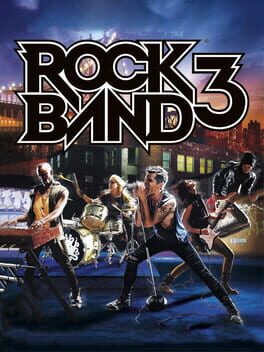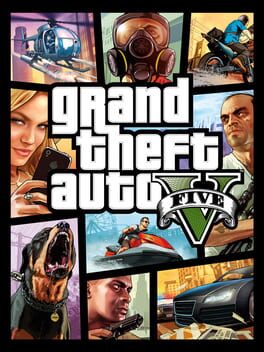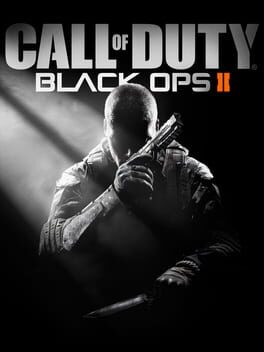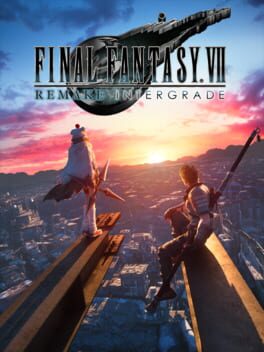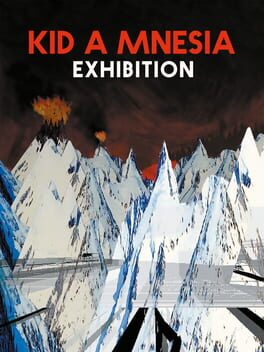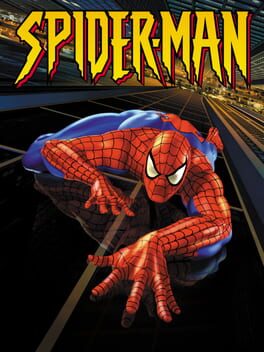deadmanskidney
Bio
Nothing here!
Badges

GOTY '23
Participated in the 2023 Game of the Year Event

Noticed
Gained 3+ followers

Liked
Gained 10+ total review likes

3 Years of Service
Being part of the Backloggd community for 3 years

N00b
Played 100+ games
Favorite Games
163
Total Games Played
003
Played in 2024
001
Games Backloggd
Recently Played See More
Recently Reviewed See More
This review contains spoilers
-- In Remake, despite all the flak they (rightfully) earned for narrative bloat, Square was ultimately able to pull a traditional three-act structure out from the original game's opening hours. They are unable to do that here. Rebirth’s plot is as episodic as it gets, with the narrative driven only by chasing after the robed men, because they’re following Sephiroth or something or other. Which would be fine, if the characters and their relationships were used as the emotional through-line, but this is where I felt like Rebirth stumbles. There are, of course, plenty of great little character moments of the kind that made Remake’s story so engaging. Unlike Remake, they don’t add up to anything. The party just doesn't talk to each other enough outside of exposition, even in the wake of major revelations, and the only relationship that gets enough focus to constitute an “arc” is between Cloud and Tifa. And the scenes between them are outstanding, but I don’t understand why nobody else gets the same consistent attention. Especially Aerith, since, well, you know. Her speech at Cosmo Canyon feels like the culmination of a story thread that doesn’t actually exist.
-- I guess this is unavoidable, but the fact remains that any physical space this could drum up was always going to pale in comparison to how interesting and unique Midgar was. Let alone a mostly empty, standard-issue five biome open world. You got the forest, the jungle, the desert, the mountains etc. like it’s a PS2-era platformer. It’s not bad, but none of it can compare to the Sector 7 slums, or the Shinra building, or the Mako Reactors.
-- The story missions don’t lend themselves well to the open world format. It makes perfect sense to complete lots of minor side content when the main story missions are bite-sized and evenly spread out across the map, revisiting old sections, giving you a chance to complete the side content during travel time. In Rebirth, the story missions are all long, relatively self-contained, and usually set in entirely new regions. The format ends up being hours of story missions, followed by hours of filler side content, rinse and repeat. It's not an ideal structure.
-- Compounding that, most of the side content just sucks. So much of each map is littered with Ubisoft-tier time wasting filler. The real side quests are actually better than Remake’s, but unlike there, in Rebirth they mostly just feel like distractions from the main narrative. And of course, the party can’t really fully develop as characters during side quests because they have to be optional and time-insensitive.
-- If you're dumb enough to do all the side content like I was, the game mocks you by making the final side quest, final protorelic, and final Queen’s Blood opponent all nearly impossible. Also it makes the game 100+ hours long which is the wrong length for something that portends to be story-driven but is largely plotless. This is not a game that respects your time.
-- I can’t hear the dialogue over the fucking music. Somehow this made it through testing.
-- I didn't completely despise the ending, which is more than I can say for Remake. Despite all their best efforts to ruin it, the main emotional beats still landed for me. You have to ask, though: putting aside all logic, does all this metaphysical alternate timeline stuff actually add anything to the story? Is Aerith’s death improved in any way by leaving us wondering if she’s even really dead? No.*
-- I'm trying to decipher Nomura/Nojima/whoever’s rationale for the bizarre story additions and coming up short. Is this all an excuse to have more Zack? Do they feel obligated to deliver bombastic endings every time because the story is unfinished? Is it so long-time fans have something new to be surprised by? The changes seem reviled by most and sheepishly accepted by the rest, so who is this all for in the end?
-- More specifically, their stated reasoning for splitting the game in three parts was so that nothing iconic from the OG would have to be cut and disappoint people. And indeed, this has been a very literal adaptation in some ways. So why did they pick the most iconic moment of the entire story, of the entire franchise, to doodle on top of?
* Actually, there is one element of the timeline fuckery that I genuinely think adds to the story, which is that I believe it adds an interesting dimension to Aerith’s character in both Remake and Rebirth that she’s already aware of her impending doom on some level. Her optional scene in the garden with Cloud in Remake, and their final moments together in this game, are both some of the best and most emotionally poignant moments in the saga. Whether this is worth giving up the surprise of her death is another matter entirely.
-- I guess this is unavoidable, but the fact remains that any physical space this could drum up was always going to pale in comparison to how interesting and unique Midgar was. Let alone a mostly empty, standard-issue five biome open world. You got the forest, the jungle, the desert, the mountains etc. like it’s a PS2-era platformer. It’s not bad, but none of it can compare to the Sector 7 slums, or the Shinra building, or the Mako Reactors.
-- The story missions don’t lend themselves well to the open world format. It makes perfect sense to complete lots of minor side content when the main story missions are bite-sized and evenly spread out across the map, revisiting old sections, giving you a chance to complete the side content during travel time. In Rebirth, the story missions are all long, relatively self-contained, and usually set in entirely new regions. The format ends up being hours of story missions, followed by hours of filler side content, rinse and repeat. It's not an ideal structure.
-- Compounding that, most of the side content just sucks. So much of each map is littered with Ubisoft-tier time wasting filler. The real side quests are actually better than Remake’s, but unlike there, in Rebirth they mostly just feel like distractions from the main narrative. And of course, the party can’t really fully develop as characters during side quests because they have to be optional and time-insensitive.
-- If you're dumb enough to do all the side content like I was, the game mocks you by making the final side quest, final protorelic, and final Queen’s Blood opponent all nearly impossible. Also it makes the game 100+ hours long which is the wrong length for something that portends to be story-driven but is largely plotless. This is not a game that respects your time.
-- I can’t hear the dialogue over the fucking music. Somehow this made it through testing.
-- I didn't completely despise the ending, which is more than I can say for Remake. Despite all their best efforts to ruin it, the main emotional beats still landed for me. You have to ask, though: putting aside all logic, does all this metaphysical alternate timeline stuff actually add anything to the story? Is Aerith’s death improved in any way by leaving us wondering if she’s even really dead? No.*
-- I'm trying to decipher Nomura/Nojima/whoever’s rationale for the bizarre story additions and coming up short. Is this all an excuse to have more Zack? Do they feel obligated to deliver bombastic endings every time because the story is unfinished? Is it so long-time fans have something new to be surprised by? The changes seem reviled by most and sheepishly accepted by the rest, so who is this all for in the end?
-- More specifically, their stated reasoning for splitting the game in three parts was so that nothing iconic from the OG would have to be cut and disappoint people. And indeed, this has been a very literal adaptation in some ways. So why did they pick the most iconic moment of the entire story, of the entire franchise, to doodle on top of?
* Actually, there is one element of the timeline fuckery that I genuinely think adds to the story, which is that I believe it adds an interesting dimension to Aerith’s character in both Remake and Rebirth that she’s already aware of her impending doom on some level. Her optional scene in the garden with Cloud in Remake, and their final moments together in this game, are both some of the best and most emotionally poignant moments in the saga. Whether this is worth giving up the surprise of her death is another matter entirely.
